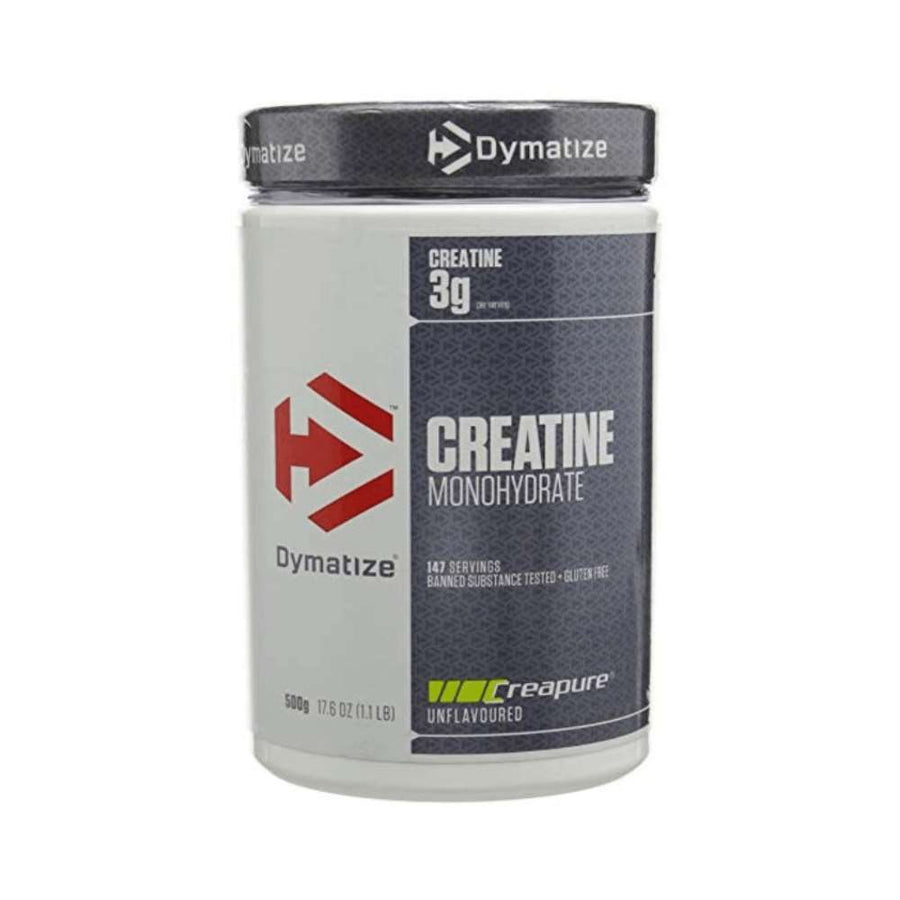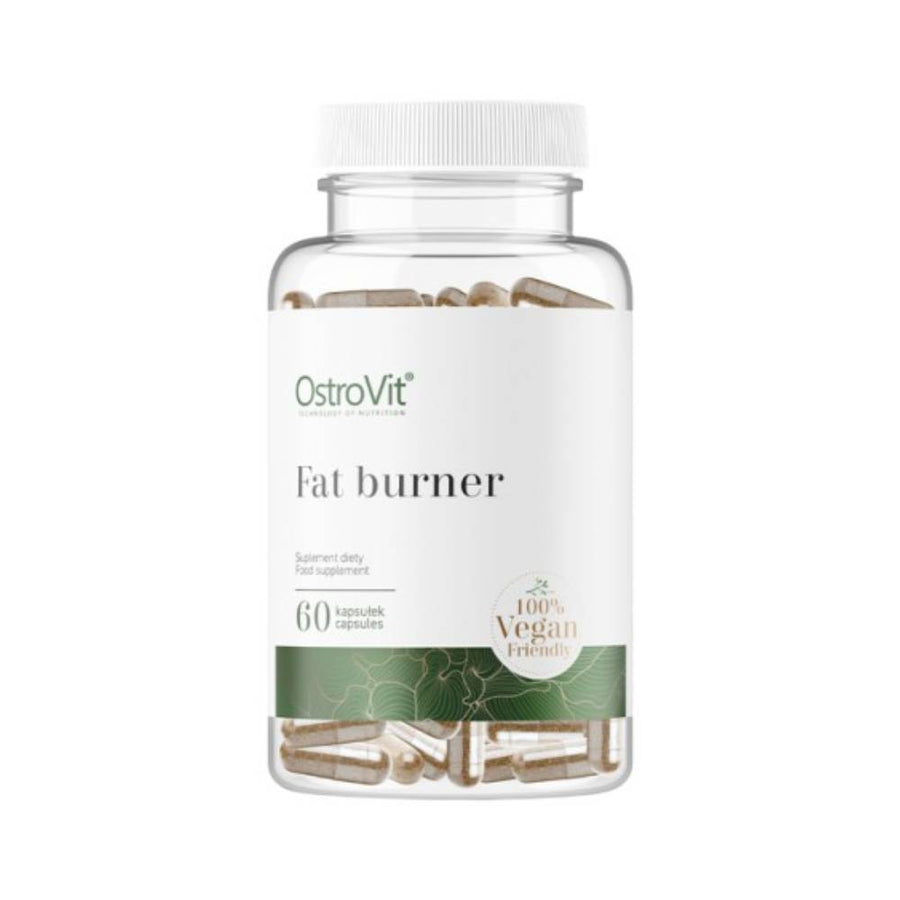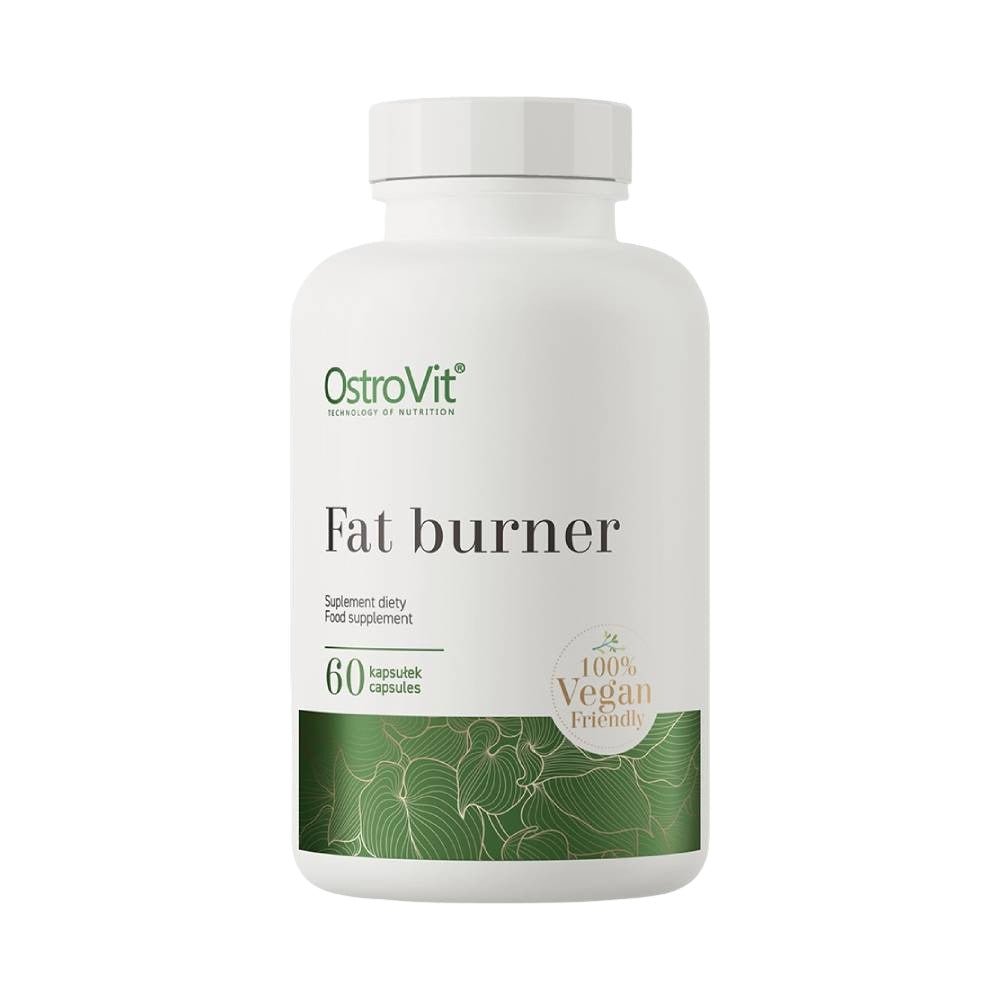Vegan vs. vegetarian - differences and similarities between the two popular lifestyles

The evolution of man is fascinating, especially since in the beginning his main source of food was plants, after which came the discovery of fire and the possibility of rudimentarily cooking various parts of hunted animals. This activity made it possible to introduce meat into the diet, a habit that has remained until now. However, more and more people are choosing to return to the basics of evolution, opting for the exclusive consumption of foods based on plants and vegetables, known as the vegetarian diet. In a short time it turned into a lifestyle, leading to the appearance of several categories of it, including veganism.
All these lifestyle changes have led to various debates, one of the most significant of which is the vegan vs. vegetarian, especially since they look very similar. There are still certain differences between them, each associated with benefits and risks for health, especially since man is omnivorous from the point of view of food.
If this field fascinates you or you want to make a change in your lifestyle and diet, find out what the differences and similarities are in the vegetarian vs. vegetarian debate. vegan in continuation of the article below.
Contents:
1. Vegan vs. vegetarian - the principles underlying these diets1.1. What does vegan and vegetarian mean?
1.2. Vegan or vegetarian - the types of the two lifestyles
2. Vegetarian vs. vegan - what are the similarities and differences between the two food styles2.2. Vegetarian or vegan - what do you choose?
1. Vegan vs. vegetarian - the principles underlying these diets

Although considered recent, the term "vegetarian", because he was the first, veganism being a derivative of it, appeared for the first time in 1847 when the first Vegetarian Society was founded. The principle underlying it was the exclusion from the diet of any product of animal origin, especially meat obtained from butchers.
What does it mean to be vegetarian or vegan today? The principle has expanded quite a lot, so that people who have adopted this lifestyle choose to use only products that are not based on exploitation or cruelty to animals, as happens in the case of wearing fur clothes, for example.
Although the term vegan derives from vegetarian, in addition to the similarities, there are also differences between the two food styles, so if you are tempted to change your diet, it is very important to know what each of them entails for a wise decision.
1.1. What does vegan and vegetarian mean?

Vegan vs. vegetarian - what are the differences if the first comes from the second term? Although similar in both etymology and principles, when you want to choose between one diet or another, it is good to find out what each one means. Here is what you should know in this regard:
- Being a vegetarian means not consuming meat and fish, therefore, excluding animal products, without following a very strict food style;
- Being vegan requires a much stricter diet, so that besides meat and fish, a person will not consume any dairy products or eggs or other similar derivatives.
Each of the two diets has advantages and disadvantages for the man who, until choosing to change his diet, was an omnivore, consuming any type of product. That's why, because not everyone can adapt to such big changes at once, there are several types of the two diets. Thus, if you want to adopt this lifestyle, you can enjoy flexibility regarding both.
1.2. Vegan or vegetarian - the types of the two lifestyles

Before moving on to the types of veganism and vegetarianism, you must know that both have as their main objective a healthy diet , which is the reason why more and more people choose one of the two diets, turning it into a lifestyle.
The difference between vegan and vegetarian in terms of the food consumed is reflected in their types.
Vegetarians are divided into:
- lacto-ovo vegetarians, who avoid meat consumption, but eat dairy products and eggs;
- lacto-vegetarians, who do not consume meat and eggs, but eat milk-based products;
- ovo-vegetarians, who do not consume meat and dairy products, but eat eggs.
In recent years, demi-vegetarians have also appeared who do not eat meat, but include fish, dairy and eggs in their diet, and semi-vegetarians who limit themselves to consuming a smaller amount of meat-based products.
The vegan diet mostly excludes all the products mentioned above (dairy, eggs, fish meat and seafood), but also the consumption of honey and gelatin products, relying more on a healthier lifestyle and not just on a balanced diet. It is divided into:
- the vegan diet with whole foods that is based on the consumption of fruits, vegetables, whole grains, seeds, nuts and other oils;
- the raw vegan diet, which involves the consumption of raw vegetables and fruits or products prepared at very low temperatures;
- the paleo vegan diet, which is based on the products that Paleolithic people consumed, with the mention that it involves the consumption of fish, vegetables and fruits, without meat, dairy or grains.
Besides these, although less common, there are vegan diets based on starch or in which food is consumed between certain time intervals. Therefore, it can be said that in the vegetarian vs. vegan, the second food style takes a holistic approach, focusing on deeper changes in a person's habits.
What else do you need to know about the vegan vs. vegetarian is that although both have as similarities the removal of certain products from the diet, they also come with certain risks, but also benefits for health, so it is good to have a balance between the products consumed and respecting the body's needs.
2. Vegetarian vs. vegan - what are the similarities and differences between the two food styles
The main reason why the vegetarian diet has become so popular nowadays is that it puts a healthy lifestyle first. Indeed, both this and veganism have many benefits for the human body, especially because they often exclude processed products, which are responsible for many diseases of modern man.
The main difference between vegan and vegetarian consists in the fact that the first type of diet has turned into a lifestyle, because it implies other changes, not only those of the products consumed. On the other hand, those who prefer the second form of diet are more indulgent with their eating behavior.
When you want to change your lifestyle by opting for one of the two, in the vegan versus vegetarian debate you have to consider the similarities and differences between the two.
Here are the similarities between a vegetarian and a vegan:
- both diets follow the adoption of a healthy lifestyle;
- both are based on the consumption of foods low in saturated fat and cholesterol;
- both are based on an increased intake of vitamins, minerals, fibers and even vegetable proteins that replace animal ones.
Although the two types of diets have many advantages, they also come with certain health risks. If you want to adopt one of them, it is good to first know what are the benefits you can have, but also what to pay attention to in terms of the changes you can notice in terms of your condition of health. Moreover, before any such radical change, it is recommended to do a set of analyzes to know how to approach the desired food style.
2.1. The difference between vegan and vegetarian - the advantages and risks of the two types of diets

What is the difference between vegan and vegetarian? In essence, there is no major difference between the two, because both involve the exclusion of some basic food groups from the diet. This omission comes with certain benefits, but also health risks.
When you want to become a vegetarian or vegan, you will be able to notice the following benefits for your health:
- you will be able to lose weight more easily due to the exclusion of certain processed products, in the case of veganism;
- even your heart will be grateful, because a low-fat diet will lead to healthier arteries, a decrease in bad cholesterol (LDL) and blood sugar;
- a blood sugar within normal limits;
- lower risks of developing certain types of cancer, including colorectal and liver and pancreas;
- improving kidney function;
- alleviation of joint pains that are felt most often in the morning;
- improving memory.
In addition to all these advantages, you will notice regardless of whether you choose to become vegan or vegetarian that your overall tone and energy level are much higher.
In addition to the benefits, from the vegetarian vs. vegan, neither one comes out victorious when it comes to the health risks that both have. So:
- regardless of whether you choose veganism or vegetarianism, you can face deficiencies of vitamin B12, which is mainly found in protein of animal origin;
- you can have a small intake of essential amino acids that your body also takes from proteins of animal origin;
- the health of your bones may suffer, because the two diets involve the consumption of foods low in calcium and vitamin D.
In addition to these disadvantages, you must know that there is also the risk of starting to consume more processed foods. What can you do in this case? Fortunately, both vegan and vegetarian diets that have become very popular have led to the creation of niche products that can be consumed by followers of these lifestyles. Here are some useful tips from this point of view:
- now there are a lot of healthy vegan products that you can consume without the risk of going to the side where you turn to processed foods;
- you can also consume vegetable protein in powder form, taking inspiration from the diets of people who practice various sports at a professional level;
- you can also use protein foods , so as to prevent possible deficiencies.
And because there is often a risk of increasing caloric intake in order to feel full or full, you can use calorie-free sauces and cooking sprays to dose the amount of oil used as best as possible.
2.2. Vegetarian or vegan - what do you choose?

Considering that the difference between being vegan and vegetarian is not significant, you will have to choose between one and the other. How do you do this? You have to weigh several factors and answer several questions, including:
- are you ready for a radical change?
- do you have a state of health that allows you to adopt one of the two food and lifestyle styles?
- what type of diet do you want to adopt, one in which you completely give up meat, milk and eggs or one that includes some of these products.
It is true that now you will find a lot of products created especially for those who have a vegetarian food style, starting with ready-made ones and ending withflavors and sweeteners or even sugar-free sweets , so that you can control various cravings and to avoid increasing caloric intake, if you feel that your body cannot cope with your new diet, at least in the first weeks. Also, don't forget that before such a change that can be a shock for your body, it is good to do a set of tests, as well as to know the health status of your heart and even your bones.
In conclusion, the vegan vs. vegetarian is not a debate in itself, especially since the first type of diet comes from the second. The difference between them is very small, what matters, in fact, are the products you choose to consume from one or the other and which can vary quite a lot. Both have become very popular lifestyles in recent years, because they have quite a few health benefits, but they also come with some risks. Therefore, before choosing between one and the other, make sure that you are properly informed, that you do a set of analyzes to determine whether or not your body can support such a change and only then make the final decision.
Photo source: Freepik.com


























